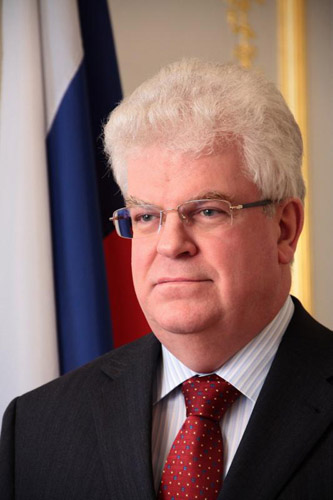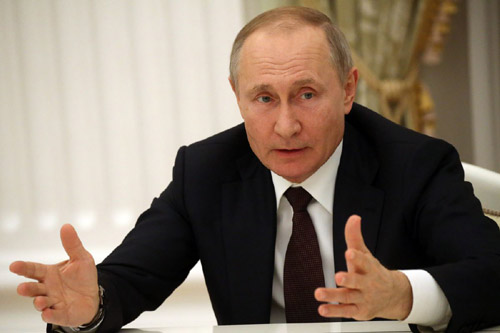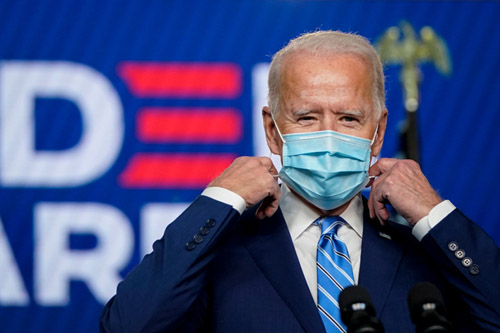
Biden will alleviate EU-US strife but issues will remain, says Russian envoy
Moscow: The issues in the relations between the European Union and the United States, which exacerbated under Donald Trump’s presidency, will not be as acute under Joe Biden, but they will still remain there, Russia’s Permanent Representative to the EU Vladimir Chizhov told an online briefing.

“Some landmark decisions announced by Biden – return to the Paris Agreement on Climate, return to the Joint Comprehensive
Plan of Action (JCPOA) on the Iranian nuclear program, return to the WHO, and maybe a change in approach to the WTO – this all is likely to be somehow formulated, even though not instantaneously and not at once. On the other hand, a lot has changed over these years indeed, and the problems which aggravated in the past four years during the Trump administration between the EU and the US, will have the edge taken off them but will still remain,” the Russian diplomat stressed.

The envoy noted that the EU is somewhat enthusiastic about the future change of the White House administration, however, “the joy is more reserved” in comparison with the situation 12 years ago when Barack Obama came to power. “High-profile people here in Brussels and Europe generally understand that the US policy will not change much on many issues,” Chizhov explained.
Washington will hold a more pro-NATO policy under the Joe Biden Administration, Vladimir Chizhov stated.
“If Donald Trump used to frighten the allies with the US withdrawal from NATO, now the new administration will evidently have a more pro-NATO approach. Although the demand for 2% of military spending will remain in place,” Chizhov said.
Speaking about how the arrival of the new administration could affect Russia’s relations with the European Union, Chizhov pointed out that the problems would still be there.
“Not all of those problems affect the US interests, but nevertheless, the EU will mostly coordinate its policy in the international arena at a greater extent with that of Washington,” he added.
“As for the impact it could have on our relationship with the United States, we, as you know, have no illusions. There is no reason to expect dramatic improvement either,” the diplomat stressed.
On December 14, the US Electoral College convened and confirmed Biden’s election victory. The Democrat received 306 votes, while incumbent President Donald Trump secured 232 votes. With 538 electors, a candidate needs to get 270 votes to be elected to the office of President of the United States.
In late November, Trump, who has still not conceded, said that he would leave the White House only if the Electoral College voted for Biden. In light of this remark, the procedure which is normally considered a formality drew enormous media spotlight.
